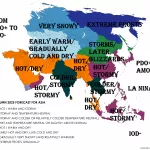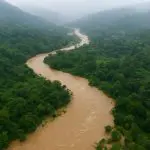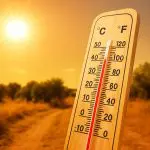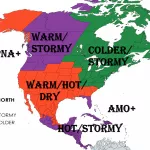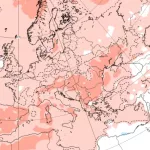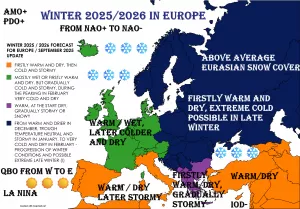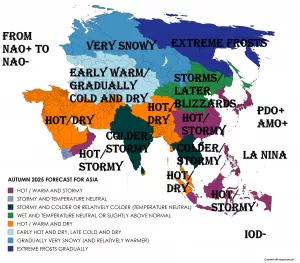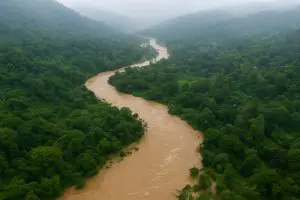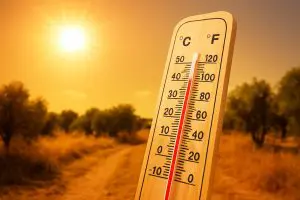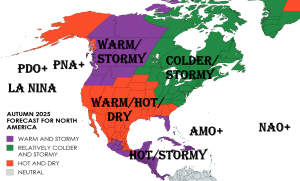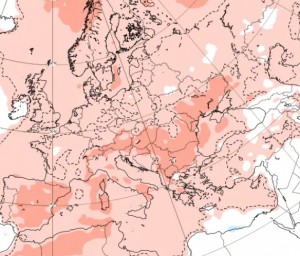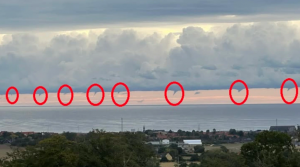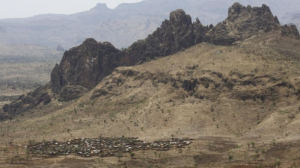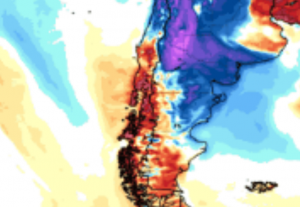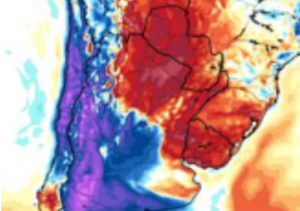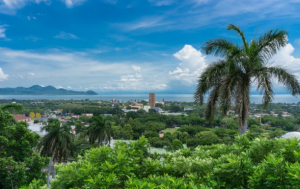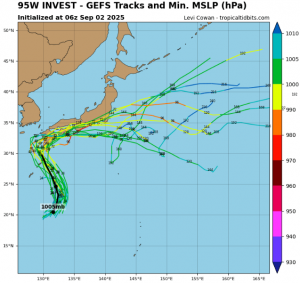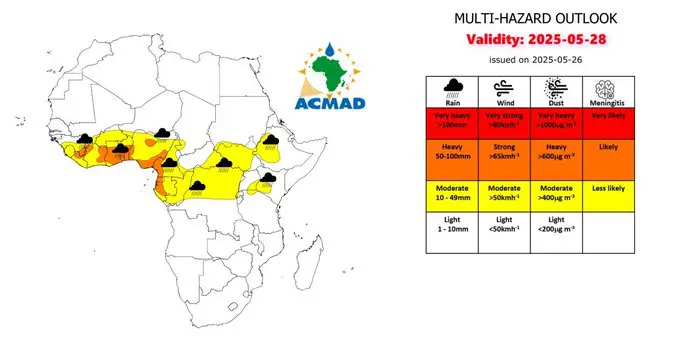
A devastating flash flood in the town of Mokwa, located in Nigeria’s Niger State, has resulted in at least 200 confirmed deaths, with the toll expected to rise as search and rescue operations continue. The disaster struck in the early hours of Thursday, May 29, 2025, following several hours of torrential rain that overwhelmed the region’s infrastructure and emergency response capabilities.
Extent of the Disaster
Mokwa, a vital agricultural and trading hub situated approximately 380 kilometers west of Abuja, was heavily impacted by the flooding. The deluge submerged entire neighborhoods, with floodwaters reaching waist-deep levels, leaving residents stranded and causing widespread destruction. Over 3,000 individuals have been displaced, and more than 500 households have been affected, with 265 homes completely destroyed. Additionally, two bridges and several roads were washed away, isolating communities and complicating rescue efforts. The floodwaters also swept bodies down the Niger River, hindering recovery operations and raising concerns about the spread of waterborne diseases.
Contributing Factors
The immediate cause of the flooding was an intense rainfall event that began on Wednesday night and continued into Thursday morning. However, local authorities suggest that the situation was exacerbated by the collapse of a nearby dam, which may have led to the sudden release of water into the already saturated environment. This combination of factors overwhelmed the town’s drainage systems and flood defenses, leading to the catastrophic flooding.
Government Response
In the aftermath of the disaster, President Bola Tinubu activated the National Emergency Response Centre to coordinate relief efforts. Emergency services have been mobilized to provide immediate assistance, including the distribution of food, water, and temporary shelter to the displaced population. Rescue teams continue to search for survivors and recover bodies, while medical personnel are on-site to treat the injured. The federal government has pledged to support the state in rebuilding efforts and addressing the long-term needs of affected communities.
Broader Implications
This tragedy underscores the vulnerability of communities in central Nigeria to extreme weather events, which are becoming more frequent and severe due to climate change. Mokwa, traditionally not prone to such devastating floods, now faces the challenge of rebuilding its infrastructure and economy. Local leaders have called for urgent investment in flood-control measures and improved urban planning to mitigate the impact of future disasters.
As the situation develops, humanitarian organizations are calling for international support to aid in relief and recovery efforts. The international community’s response will be crucial in helping Nigeria navigate the immediate crisis and build resilience against future environmental challenges.
For ongoing updates and ways to assist, individuals are encouraged to follow the official channels of Nigeria’s National Emergency Management Agency and reputable humanitarian organizations operating in the region.


